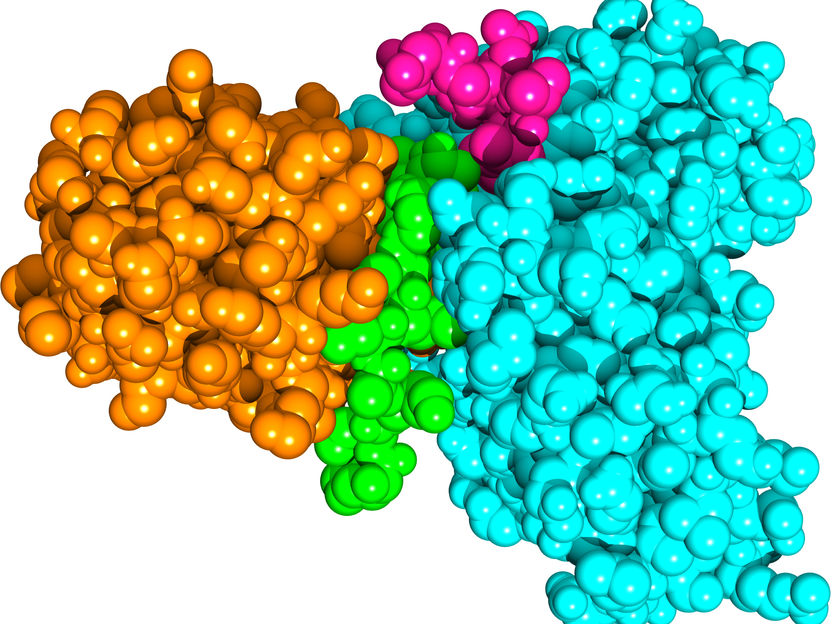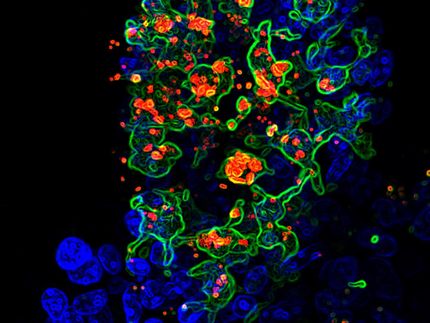A new European Consortium to boost our understanding of Inflammatory Bowel Diseases
The inflammatory bowel disease characterization by a multi-modal integrated biomarker study (IBD-Character) Consortium is a collaborative effort to advance our understanding of the inflammatory bowel diseases Ulcerative Colitis and Crohn's disease and to increase diagnostic precision in detection of the diseases in their early manifestation. The consortium associates 10 European partners from both academia and industry.
The project will generate the largest collection of samples so far assembled from treatment naïve patients recently diagnosed with inflammatory bowel disease. DNA methylation and RNA transcription status, protein markers, gut microbial content, patient genotype for known susceptibility loci and classical clinical data will be extensively analyzed for the characterization of the cohort in order to create a molecular snapshot of IBD in its early manifestation. This massive molecular profiling will be used to yield a list of biomarkers indicative for onset of the disease.
The participating Small and Medium sized Enterprises (SMEs) will develop assays capable of analyzing panels of several hundred relevant protein markers as well as methods for rapid profiling of gut microbial content relevant for IBD. The proposed biomarkers will form a solid ground for development of improved diagnostic assays and be a rich source to mine for novel therapeutic targets.
"We are pleased to have gathered such a strong combination of clinicians, clinical researchers, basic researchers and innovative SME:s into one focused project," said Dr. Mats Gullberg, project coordinator for IBD-Character and Chief Technology Officer at Olink Bioscience. "The project will advance our understanding of IBD as well as generate proprietary products by the participating SMEs. The project will provide the most complete molecular characterization of samples from patients with IBD and also progress the field of analysis of large data sets containing different types of molecular markers from large sets of individuals."
Based on the findings within the IBD-Character project, results are expected to improve many aspects of patient care, including the development of new personalized medical strategies and treatments.
Topics
Organizations
Other news from the department science

Get the life science industry in your inbox
By submitting this form you agree that LUMITOS AG will send you the newsletter(s) selected above by email. Your data will not be passed on to third parties. Your data will be stored and processed in accordance with our data protection regulations. LUMITOS may contact you by email for the purpose of advertising or market and opinion surveys. You can revoke your consent at any time without giving reasons to LUMITOS AG, Ernst-Augustin-Str. 2, 12489 Berlin, Germany or by e-mail at revoke@lumitos.com with effect for the future. In addition, each email contains a link to unsubscribe from the corresponding newsletter.
More news from our other portals
Last viewed contents
First NicOx Compound in Biolipox Collaboration Enters Phase II

How SARS-Coronaviruses reprogram the human cell to their own benefit - Other coronaviruses do not use this mechanism





















































